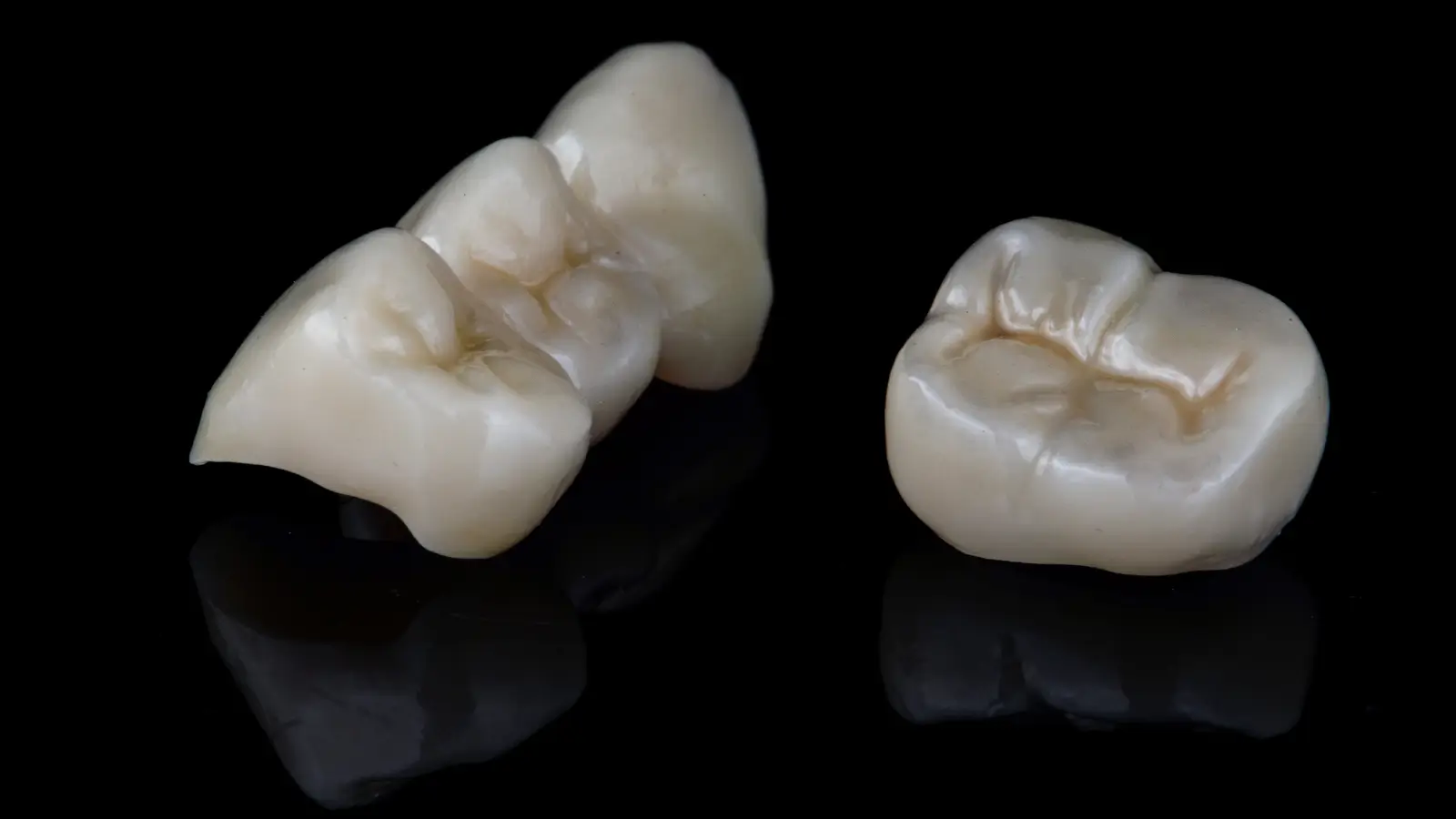
A beautiful, healthy smile isn’t just about looks—it’s about function and protection too. If your tooth has been weakened, damaged, or worn down, you might be wondering: Am I a candidate for a dental crown?
Dental crowns are one of the most common restorative treatments in modern dentistry. But they’re not for everyone. Let’s break it down simply so you can understand if you might be a good candidate.
What’s a Dental Crown?
A dental crown is a tooth-shaped “cap” that fits over a damaged or weakened tooth. It restores the tooth’s shape, strength, and appearance. Think of it as a custom-made helmet for your tooth—it protects what’s underneath while making your smile look natural and healthy.
Crowns can be made from a variety of materials, including:
- Porcelain (great for front teeth).
- Ceramic.
- Metal (strongest, often for back teeth).
- Porcelain fused to metal (a mix of strength and looks).
Who Might Need One?
You may be a candidate for a dental crown if:
- You have a cracked or broken tooth.
Crowns hold broken pieces together and protect the tooth from further damage. - You’ve had a root canal.
After this procedure, the tooth becomes fragile. A crown adds strength. - You have a large filling or cavity.
If too much tooth is gone, a filling won’t hold—it needs a crown. - Your tooth is severely worn down.
Grinding, aging, or acid wear can all flatten teeth. Crowns rebuild them. - You want to improve your tooth’s appearance.
If a tooth is misshapen, discolored, or uneven, a crown can make it look natural.
According to the American College of Prosthodontists, over 2.3 million implant-supported crowns are made each year in the U.S. alone—and that doesn’t include regular crowns placed on natural teeth!
This shows just how common and effective dental crowns in Brooklyn Heights are for restoring smiles.
How Does the Process Work?
The dental crown process is simple and usually takes two visits:
- First Visit:
- A dentist will examine and possibly X-ray your tooth.
- The tooth is reshaped to make space for the crown.
- An impression is taken for the lab to create your custom crown.
- A temporary crown is placed for protection.
- Second Visit:
- Your dentist removes your temporary crown.
- Then, he adjusts the permanent crown to fit and cements it in place.
Some dentists now offer same-day crowns using digital technology—ask the dentist if that’s an option!
Who May Not Be a Good Candidate for a Dental Crown?
Not everyone qualifies for dental crowns right away. You may not be ready if:
- Your tooth is too damaged or decayed to support a crown, even with a filling or post. Consequently, extraction might be the most viable option in such cases.
- Your gums are unhealthy. Treat your gum disease first.
- You grind your teeth constantly. Crowns can wear or crack under pressure (though a dentist may suggest a nightguard to help).
Maintaining good oral hygiene—like brushing, flossing, and regular dental checkups—is essential before and after getting a crown.
What Are the Benefits?
Dental crowns offer both functional and cosmetic advantages:
- Protect weak or broken teeth.
- Restore chewing ability.
- Improve your smile’s appearance.
- Prevent further damage.
- Long-lasting (with proper care, up to 15 years or more!).
Dental crowns are a reliable solution for many common dental issues. Whether your tooth is damaged, decayed, or just not looking its best, a crown can bring it back to life.
If you’ve been dealing with discomfort or hiding your smile, it might be time to ask our dentist if dental crowns are the right choice for you.
